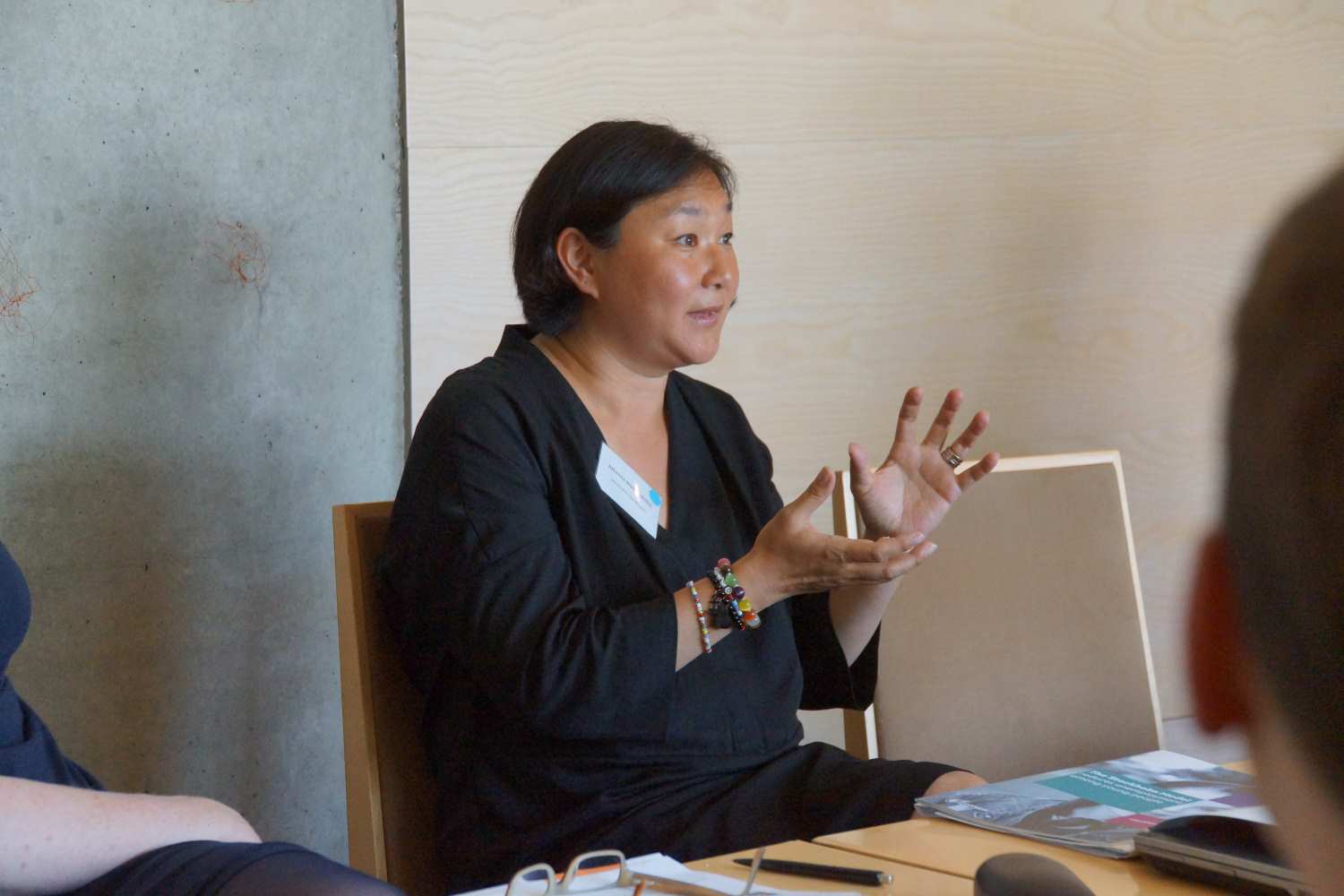 The aim of Blixtjobb is to empower and reintegrate homeless and/or people living with substance abuse into society by procuring them occasional jobs like easy construction work, gardening, paintning or cleaning. The idea is to integrate the target group through entrepreneurship instead of social work. They get a regular pay for their work. 30% of customers are individual households and 70% companies, many of whom regard this commitment as part of their corporate social responsibility. The project is financed through the customers buying the services that Blixtjobb provides.
The aim of Blixtjobb is to empower and reintegrate homeless and/or people living with substance abuse into society by procuring them occasional jobs like easy construction work, gardening, paintning or cleaning. The idea is to integrate the target group through entrepreneurship instead of social work. They get a regular pay for their work. 30% of customers are individual households and 70% companies, many of whom regard this commitment as part of their corporate social responsibility. The project is financed through the customers buying the services that Blixtjobb provides.
Blixtjobb can be seen as a method that creates empowerment, reduces substance abuse as well as marginalisation and exclusion. On a national economic level it has the effect of moving people from receiving benefits to contributing to society by the payment of personal taxes (taxes are deducted from wages by Blixtjobb) as well as empowering the individual.
In their presentation, Johanna Nordenskjöld, Operational manager, and Victoria Engman-Broadley, Development Manager, explained how the idea for Blixtjobb was transferred from Oslo. The concept was tailored to the needs of the target group expressed by the individuals in interviews during field studies, conducted by Kirkens Bymisjon (The Church City Mission) in Oslo. As in Oslo, the team leaders supervising the Blixtjobb workers have a background with dependency problems themselves. Unlike the Oslo project, Blixtjobb, however, was not able to procure public funding, which is why they started small in 2011, from the start project costs have been covered by companies who are ready to pay a little more for the services delivered, financing Blixtjobb’s work on top of the regular wage for the workers. The project was able to produce very positive results: Substance abuse among the Blixtjobb workers decreases as their empowerment and sense of belonging and meaning increases.
An obstacle the project leaders encountered is that the target group is largely seen as not being capable of working. At least they are not encouraged to do so by welfare regulations that do not ”promote” earning: like in Germany, extra money earned is largely deducted from welfare benefits. A list of success factors and obstacles implementing the project can be found in Johanna’s and Victoria’s presentation below.
Blixtjobb is conducted by Stockholm City Mission (Stockholms Stadsmission), a 160 year old social institution that aims to help children and young people in need of adult support; families in crisis; young single parents with financial difficulties; young adults with psychological problems; young parents needing support and advice; elderly people living in solitude; homeless men and women struggling with substance abuse and/or psychological problems. Stockholm City mission runs several assistance and therapy centres as well as social enterprises such as second-hand shops, production of handicrafts and a restaurant and bakery allowing people outside the labour market to acquire skills and earn some money; they are supported by a job integration program. Besides, Stockholm City Mission manages schools and educational institutions as well as Swedish language courses for immigrants.



